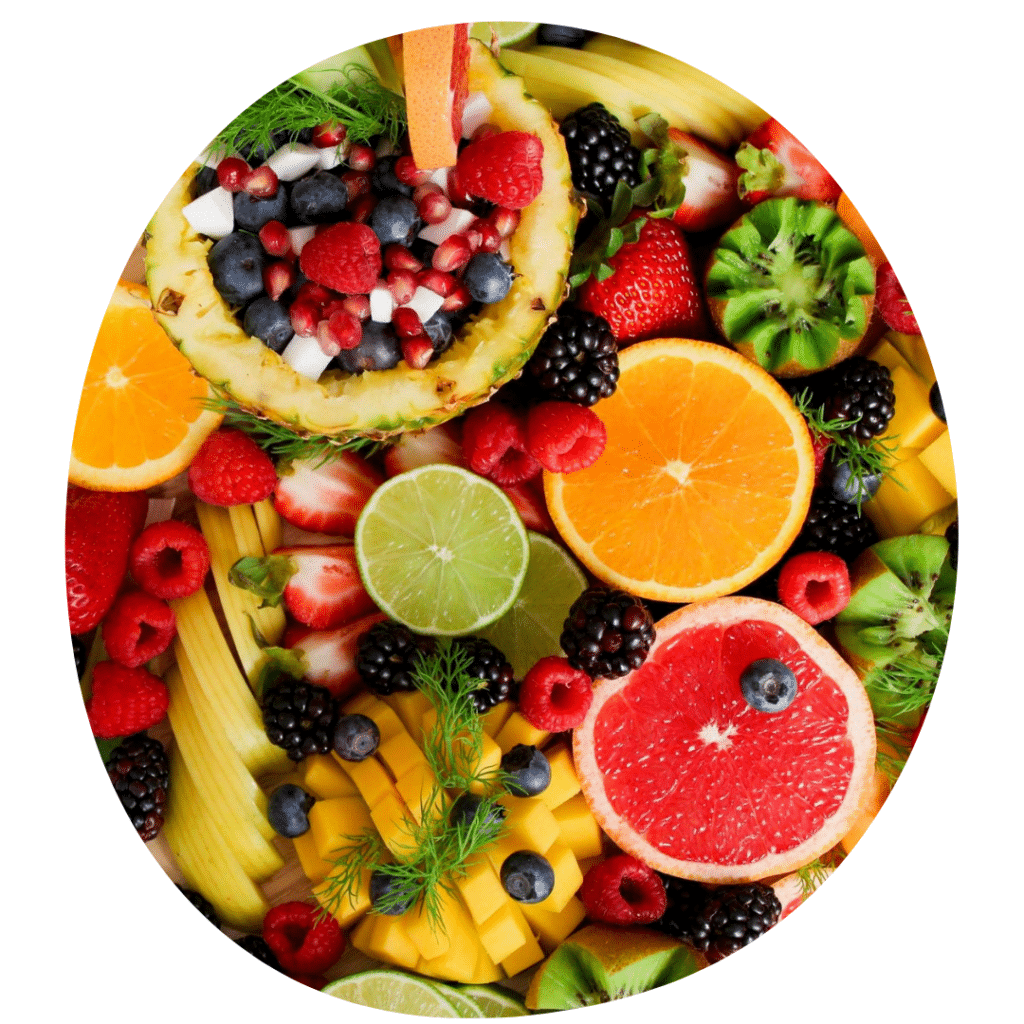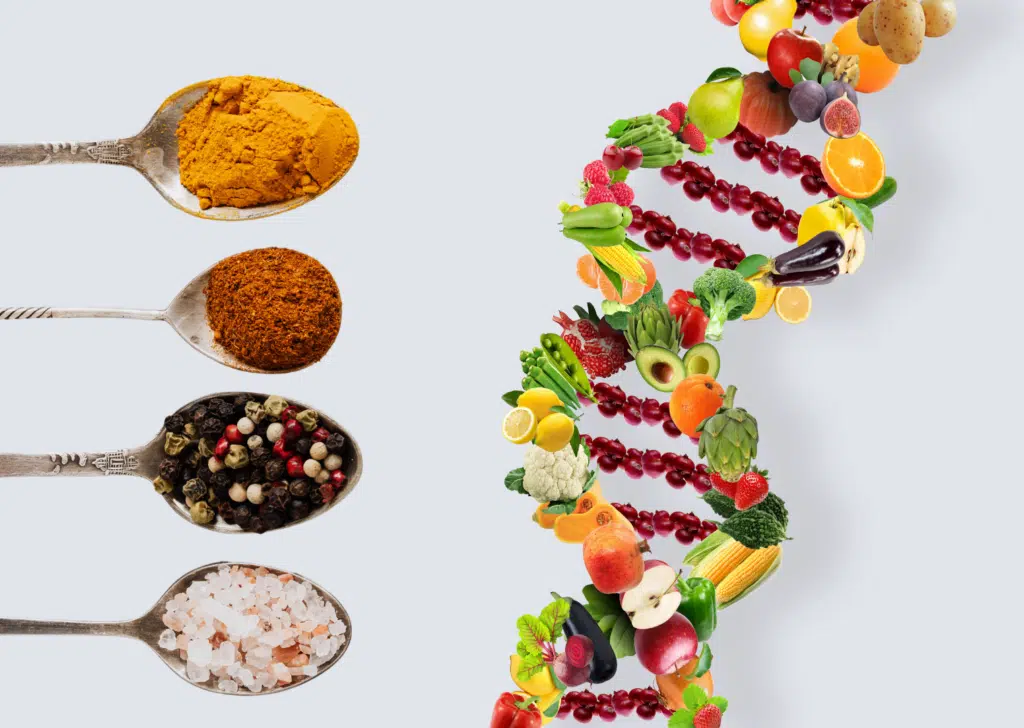Are you curious about how your eating habits can change not only your body but also your genes? Find out more about the benefits of epigenetic nutrition and how to implement the diet.
Epigenetics and Nutrition: understanding the connection
Our DNA consists of up to 25,000 genes. These genes are essentially the blueprint for our bodies. They determine, for example, our eye color, whether we are prone to diabetes, or how we react to certain environmental factors. However, even if a person has a genetically increased risk of diabetes, it does not automatically mean that they will develop it, as not all genes are active. Epigenetics examines how our genes are turned on and off throughout our lives and what can influence this process.
These changes can be influenced by environmental factors such as nutrition, lifestyle, stress, and environmental factors. Through targeted nutrition, we can positively influence these epigenetic switches and thereby change the activity of our genes.
Enhancing Health through Nutrition
The epigenetic diet is not just an empty trend. With epigenetically optimized nutrition, researchers see the opportunity to support our own health and increase our well-being. Our body’s cells can become more resistant and better withstand certain diseases. Additionally, an epigenetic diet influences countless bacteria, viruses, and fungi in our bodies, especially in our intestines, which in turn also affect our health. What is also of great importance: How you eat and live today still affects your children and grandchildren.
Epigenetic Nutrition - Tips and Tricks
The principle of epigenetic nutrition is still quite new, so there is no comprehensive list of foods that should be preferred or reduced. In general, it can be said that industrial sugar, wheat flour, and cow’s milk should be avoided, and nuts and vegetables should be favored. The principle applies: as fresh, colorful, and seasonal as possible.
Researchers also found that plant substances have a significant effect on epigenetics. The darker and more intense the color, the better. Deep red grapes instead of light green ones, dark green spinach or arugula instead of iceberg lettuce. Choose bright berries over bananas.

Zusammenfassung
Your diet can have an impact on your health. If you follow epigenetic principles in your diet, you can improve your well-being. However, you should not ignore the other aspects of your life, as your health is influenced by many different factors, such as exercise or stress. If you want to learn more about these areas, you can read on in our blog here:
Epigenetics and Nutrition: How Diet Affects Your Health
Are you curious about how your eating habits can change not only your body but also your genes? Find out more about the benefits of epigenetic nutrition and how to implement the diet. Epigenetics and Nutrition: understanding the connection Our DNA consists of up to 25,000 genes. These genes are essentially the blueprint for our […]
Energy Production – Our Body as an Engine
No matter whether we lie on the couch all day, lift weights or run a marathon: Our body needs energy. But how do we manage to turn food into the fuel for our activities and what actually happens in your body when you exercise? Find out here.
Healthy & unhealthy fats?
Not all fat is the same. And fat is not automatically unhealthy, quite the opposite. We need fats to stay healthy and vital. However, we should pay attention to which fats and how much of them we consume. What the difference between the different types of fat is and why some fats are wrongly portrayed as “bad”, you will learn here. We’ll also show you which foods contain good fats and which are better left alone.







